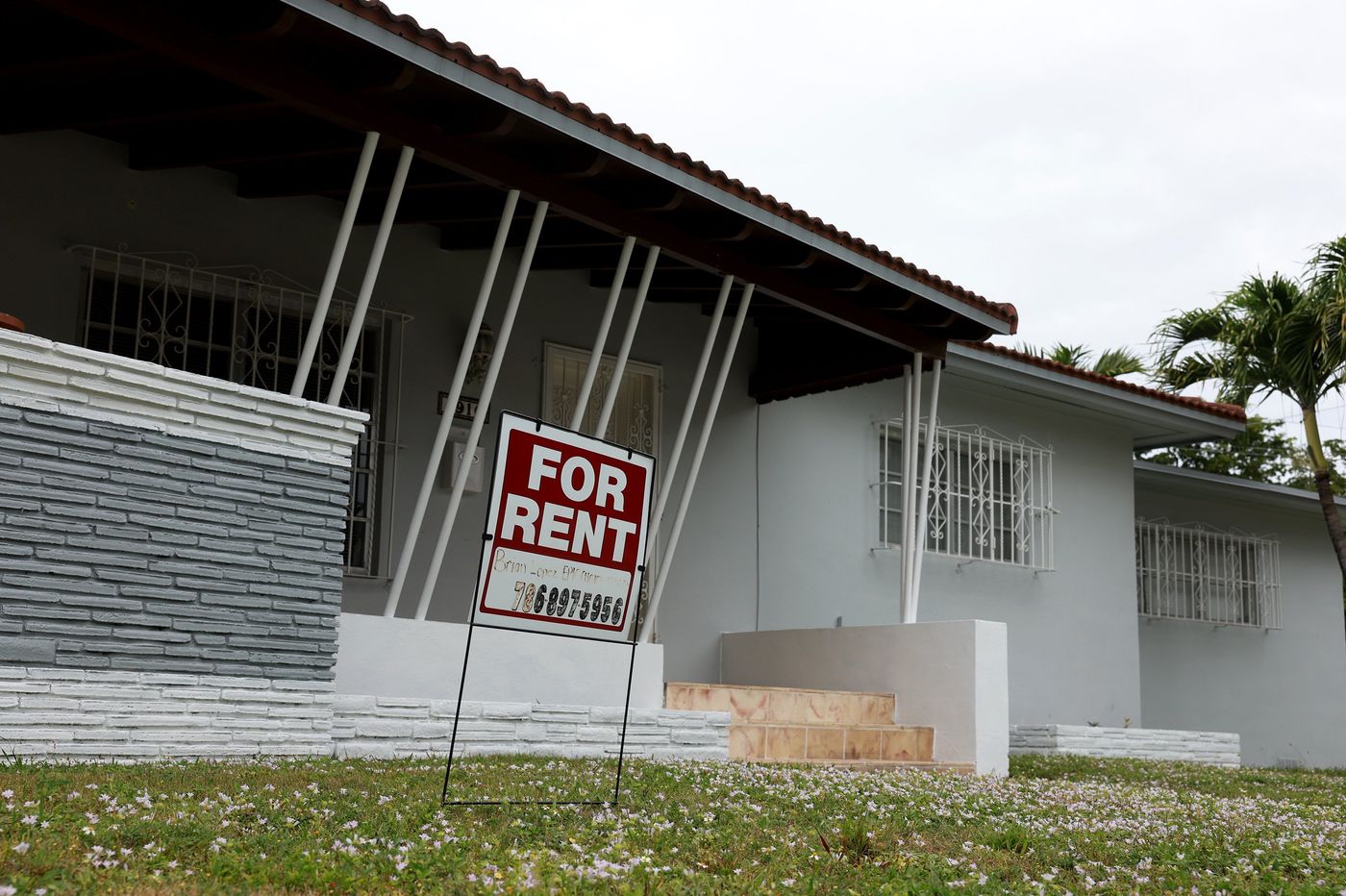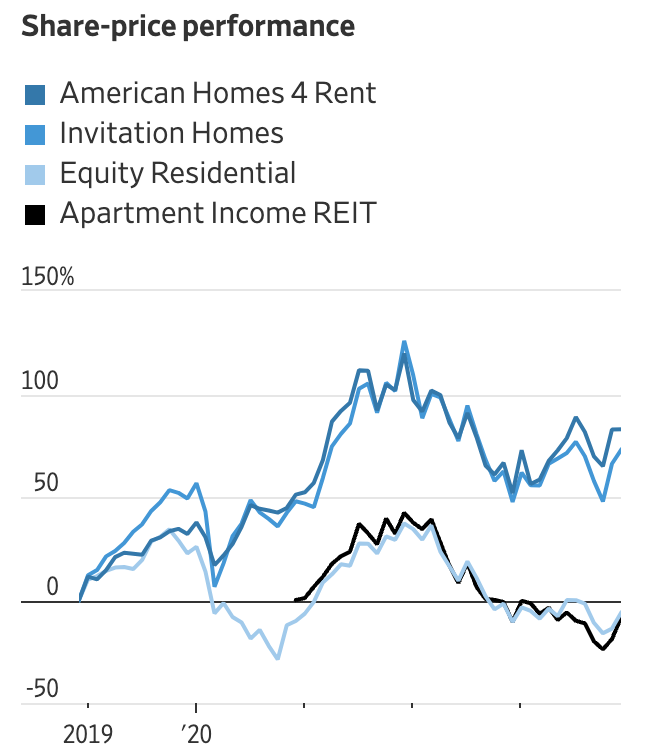
Blackrock’s Possible Takeover of Real Estate Market and Its Impact on Prices

Wall Street Shapes Your Neighborhood: The New Reality of Real Estate
As we enter in 2024, a seismic shift looms in the real estate landscape, one that could redefine homeownership and impact personal freedoms. The cause of this change? None other than Larry Fink, who might soon be more than just a name on Wall Street. Imagine a world where Fink, holds the keys to your front door. It’s a scenario that’s not only plausible but also laden with profound implications for the housing market and individual liberty. Gone are the days when big investors skirmished to purchase properties in coveted neighborhoods. Now, they’re pioneering a new strategy: constructing entire neighborhoods. This bullish stance on American family homes is reshaping the housing landscape. But why this sudden shift from buying to building? It boils down to profitability and opportunity. This development echoes the controversial “Great Reset” narrative, which advocates a future where personal property and ownership could become relics of the past. This concept, often debated in intellectual circles, suggests a future where owing to economic constraints, individuals may no longer afford to own a house. The alternative? Perpetual renting, with the likes of Larry Fink as landlords.

The Fed’s Role and the Future of Real Estate
But the plot thickens when we consider the Federal Reserve’s involvement. Imagine a scenario where Jerome Powell, or a future Fed Chair, pulls the rug from under these mega-investors. What happens then? The properties could transfer to the Fed’s balance sheet. It’s a notion that seems taken from a dystopian novel, yet it’s grounded in a reality that mirrors the Bank of Japan’s current policies, where bond and stock purchases are part of their economic playbook. As Wall Street investors pivot their focus, risks escalate. Unable to secure sufficient yields through conventional means, they’re venturing further along the risk curve. This adventurous approach is evident in the purchasing patterns of mega landlords, who have progressively increased their share of the housing market since 2012. But with great risk comes great responsibility, and the potential for a significant market disruption cannot be overlooked.
The implications of this shift are far-reaching. If these institutional players face a financial crunch, say due to a recession or a banking crisis, the fallout could be monumental. They might be compelled to sell these properties, potentially leading to a dramatic fluctuation in housing inventory. Moreover, if interest rates rise, as some predict, the situation could exacerbate, putting these investors, and consequently, the housing market, in a precarious position.

The Illusion of Stability: A Fragile Housing Ecosystem
At the core of this shift is a precarious balance. The strategy of building whole neighborhoods for rental might seem like a novel solution, but it’s fraught with challenges. High maintenance costs and the transient nature of renters could lead to neighborhood degradation, ultimately making these investments less attractive. Furthermore, the potential for these properties to transition to government control raises questions about the future of private property rights and personal freedoms. The real estate market is on the cusp of a significant transformation, driven by Wall Street’s new investment strategies and the looming shadow of the Great Reset. As individuals, understanding these shifts and preparing accordingly is crucial.

In light of these developments, it’s imperative to stay informed and proactive about your financial decisions. I’ve compiled a comprehensive guide, “2024 Financial Gameplan,” to help you navigate these turbulent waters. This guide, borne from my experiences and extensive consultations with industry experts, is a deep dive into strategies for safeguarding and growing your wealth in 2024 and beyond.
